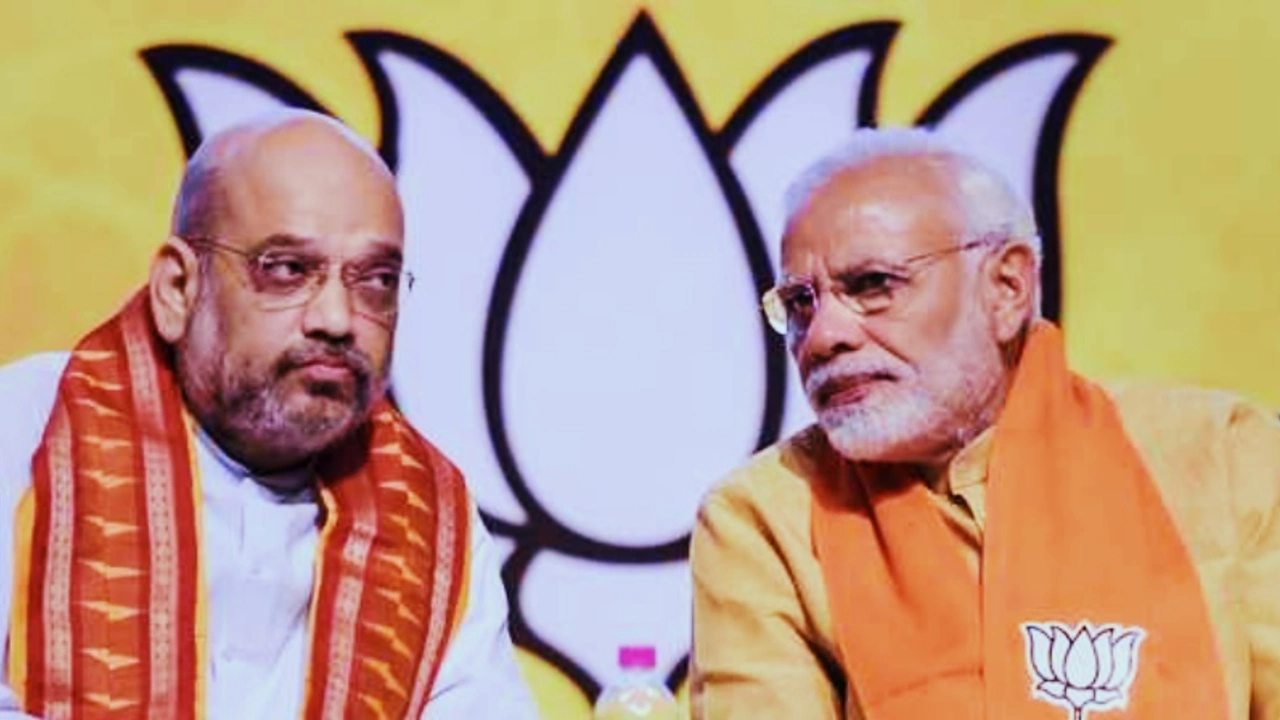Political Implications: What They Mean for You
Whenever a new law or a political statement rolls out, it sends ripples through everyday life. From car prices to media narratives, politics touches everything we do. On this page we break down the most talked‑about political moves in India and show how they affect your wallet, your news feed, and your future.
Policy changes that hit your pocket
Take GST 2.0, for example. The government cut the tax on small cars to 18% and kept electric vehicles at a 5% rate. The result? Big price drops on models like the Hyundai Creta and Tata Nexon, some as low as ₹40,000. If you were planning to buy a car, this change could shave months off your savings plan. The same tax shift also aims to boost sales before the festive season, showing how a single tax tweak can drive market behavior.
Another case is the lack of HD news channels. High‑definition broadcasting needs pricey equipment and a solid viewer base. Because many Indian households still use standard TV sets, broadcasters hold back on HD investment. The policy environment, with its tax incentives and subsidy rules, shapes whether the industry upgrades or sticks to old tech. So, a policy decision doesn’t just stay in the legislature; it lands on your living room screen.
Power players and media bias
Understanding who holds power helps you read news with a critical eye. Amit Shah, India’s Home Minister, is a master strategist. His decisions influence everything from election tactics to law enforcement priorities. When you see a headline about a new security rule, ask yourself how Shah’s agenda might be guiding that move.
Media outlets also reflect political leanings. Sites like Firstpost are seen as right‑leaning, while The Wire often faces accusations of bias toward the ruling party. Knowing these leanings helps you filter information. If a story feels one‑sided, check another source with a different political shade to get a fuller picture.
Even sports and entertainment aren’t immune. Debates about Indian parents influencing marriages or the social stigma around house husbands often echo larger cultural politics. These discussions reveal how traditional values intersect with modern policy debates.
So, what can you do with this knowledge? Start by questioning every headline. Look for who benefits, who loses, and what deeper agenda might be at play. Track policy updates that touch your day‑to‑day expenses, like taxes on cars or subsidies for digital services. And keep a list of trusted news sites across the political spectrum – it’s the best way to avoid echo chambers.
Political implications are more than academic jargon. They shape the price of your next car, the quality of your news feed, and the freedoms you enjoy. Stay curious, stay skeptical, and let the facts guide you.
